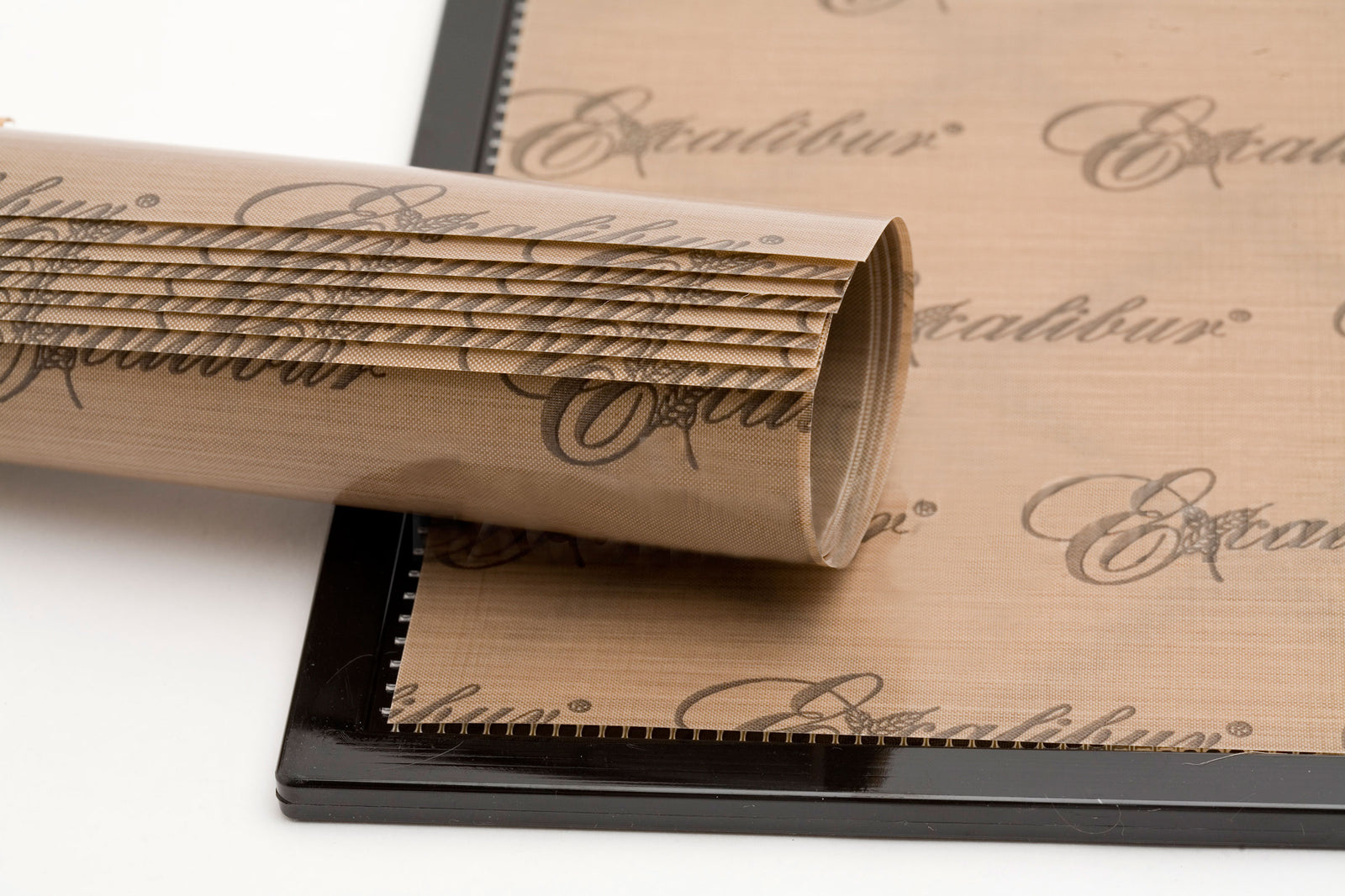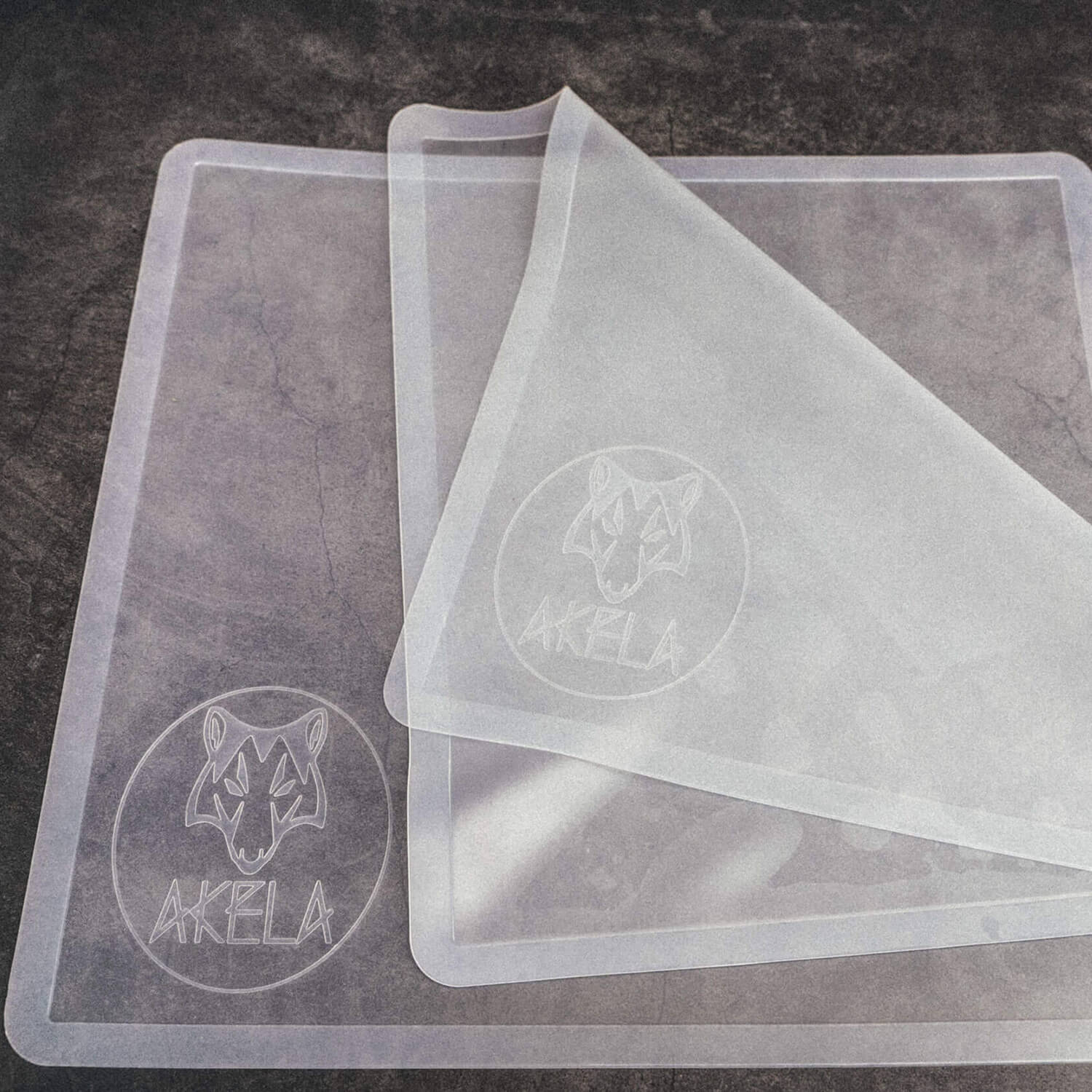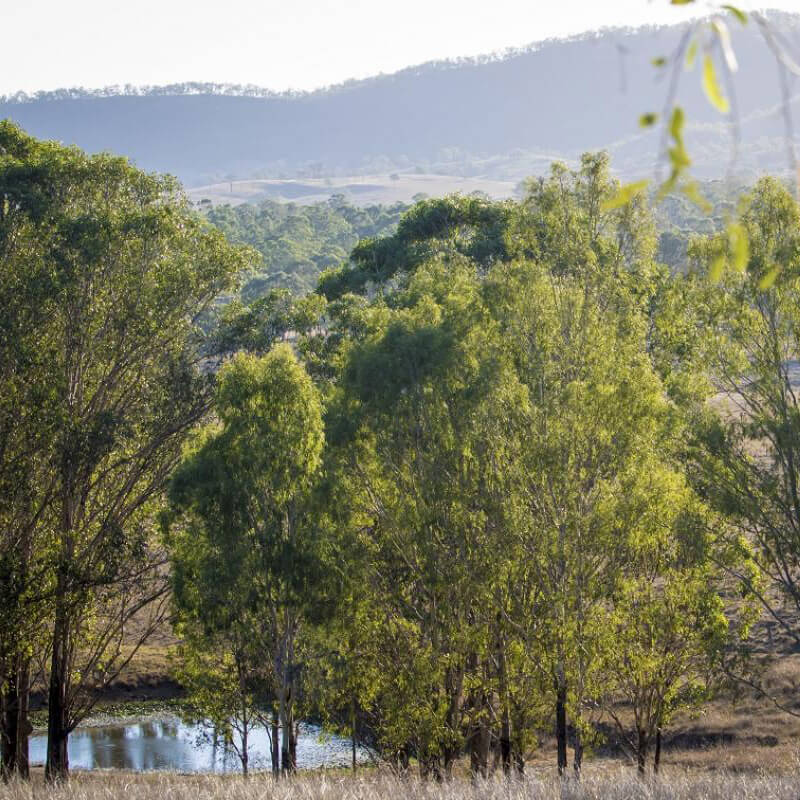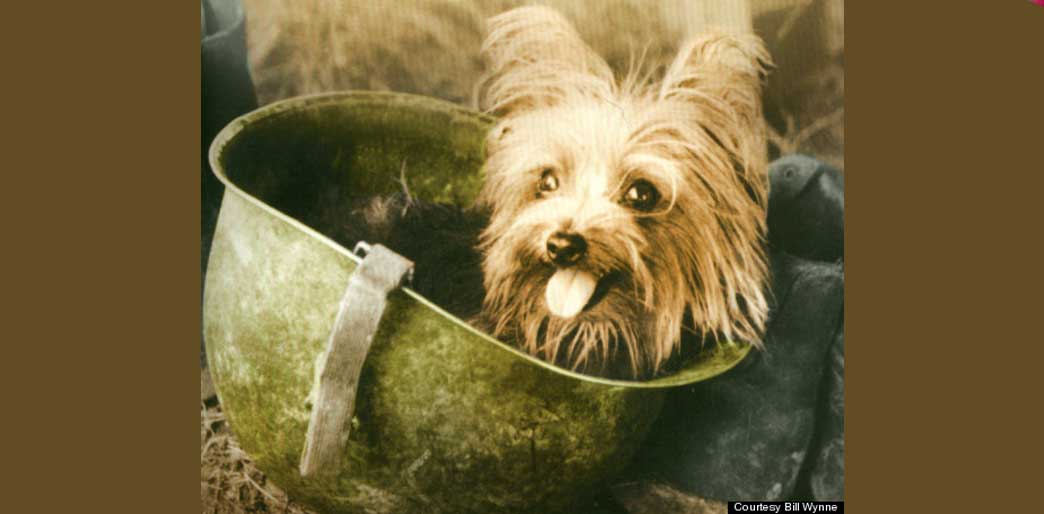'Angel from a Foxhole'
Lest We Forget our Soldiers and our Dogs of War

One of the most well known WW2 service dogs was Corporal Smoky - an itty bitty 1.8kg, 18cm tall, Yorkshire Terrier that was found in an abandoned fox hole in the Papua New Guinea jungle. At the time, nobody had any notion of how the tiny dog got there. The American soldier brought her back to camp and to enable him to get back to a poker game he sold her to a comrade for £2 Australian, about $6.50 in today's money. The buyer was Corporal William Wynne, who named her 'Smoky'. This is where her story really began.

Smoky then lived a soldier’s life, traveling about in a rucksack and learning to parachute from trees. During her service, Smoky slept in Wynne's tent on a blanket made from a green felt card table cover and for the next 2 years, she back-packed with him through the rest of the war. She accompanied Wynne on combat flights in the Pacific and she saw many difficult circumstances whilst living in the New Guinea jungle and Rock Islands, with them both suffering the heat and humidity.
Smoky spent long hours dangling in her soldier's pack near machine guns used to ward off enemy fighters. Smoky was credited with twelve combat missions and awarded eight battle stars. She survived 150 air raids on New Guinea and made it through a typhoon at Okinawa. Smoky even parachuted 9.1m out of a tree, using a parachute made especially for her.

Unlike the 'official' war dogs of World War II, Smoky had access to neither veterinary medicine nor a balanced diet formulated especially for dogs. Wynne shared his 'C-Rations' with her and she got the occasional can of Spam. In spite of this, Smoky was never ill. She even ran on coral ground for four months without developing any of the paw ailments that plagued some war dogs.
Wynne credits the dog with enabling the airfield to remain open, saving 40 aircraft and 250 ground crew from exposure to Japanese fire, calling her an "angel from a foxhole." As the ship's deck was booming and vibrating from anti-aircraft gunnery, Smoky guided Wynne to duck the fire that hit eight men standing next to them.
After surviving kamikaze attacks, the Luzon invasion, typhoons, a sting from a 6" jungle centipede, and many other challenges, Smoky faced being left behind as U.S. troops headed home after the war.
The little dog Corporal Wynne could not leave behind was smuggled aboard ship in an oxygen-mask carrying case, heading to her new home in the United States. She lived out her days in Ohio as a therapy dog until 1957.
There are six memorials dedicated to Smoky in the United States of America.

Smoky toured all over the world after the war, appearing in over 42 television programs and licking faces & performing tricks for thousands at veteran’s hospitals. In June 1945, Smoky toured the 120th General Hospital in Manila, visiting with wounded GIs from the Battle of Luzon. She’s been called “the first published post-traumatic stress canine”, and credited with expanding interest in what had hitherto been an obscure breed.

The Littlest Wardog died in her sleep in February 1957 at the age of fourteen, and buried in a .30 calibre ammunition box. Years later, a life-size a bronze sculpture of Smoky sitting in a GI helmet was installed over her final resting place in Rocky River Ohio, setting atop a two-ton blue granite base.

Bill Wynne was 90 years old in 2012, when he was “flabbergasted” to be approached by Australian authorities. They explained that an Australian army nurse had purchased the dog from a Queen Street pet store, and became separated in the jungles of New Guinea. Sixty-eight years later, the Australian delegation had come to award his dog a medal.

A memorial statue was unveiled on December 12 of that year, at the Australian War Memorial at the Queensland Wacol Animal Care Campus in Brisbane.

On December 11, 2015, the Australian Royal Society for the Prevention of Cruelty to Animals (RSPCA) awarded Smoky the Purple Cross. According to the press release, the award was “established in 1993 to recognize the deeds of animals that have shown outstanding service to humans, particularly where they have demonstrated exceptional courage, by risking their own safety or life, to save a person from injury or death. Since its inception, only nine animals have been awarded the prestigious award”.
Lest we forget our Soldiers and our Dogs of War, both serving and returned.

(Thanks to 'Today in History' and 'Australian Dog Lover' for much of the history and pictures behind this story.)

























